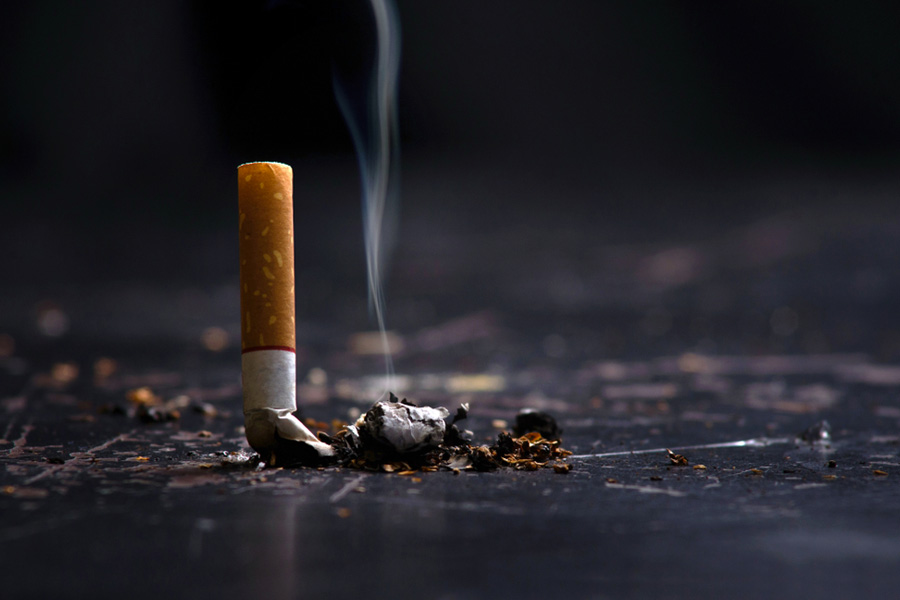The World Health Organisation has released its first clinical treatment guidelines for tobacco cessation in adults, recommending the drugs varenicline, bupropion and cysticine and nicotine replacement therapy (NRT) as “effective treatments for tobacco cessation”.
The cessation recommendations are relevant for all adults seeking to quit various tobacco products, including cigarettes, water-pipes, smokeless tobacco products, cigars, roll-your-own tobacco and heated tobacco products, the World Health Organisation (WHO) said in a statement released on Tuesday.
“The guideline marks a crucial milestone in our battle against these dangerous products,” WHO director-general Tedros Adhanom Ghebreyesus said in a statement. “It empowers countries with essential tools to effectively support individuals in quitting tobacco and alleviate the global burden of tobacco-related diseases.”
Surveys suggest that tobacco consumption has declined in India over the past decade but experts say the absolute count of tobacco users remains worryingly high. The National Family Health Survey 2019-21 had estimated tobacco use among men ranging from 16 per cent in Kerala to 72 per cent in Mizoram and among women from 1.1 per cent in Himachal Pradesh to 61 per cent in Mizoram.
The survey estimated 48 per cent of men and 10 per cent of women in Bengal were tobacco users.
The WHO has said over 60 per cent — 750 million people — of the world’s 1.25 billion tobacco users wish to quit yet 70 per cent of them lack access to effective cessation services, the gap resulting from various challenges faced by health systems, including resource limitations.
India’s National Tobacco Control Programme has established tobacco cessation centres in district hospitals across the country where those wishing to quit are expected to receive free pharmacotherapy and counselling services. Health experts, however, say there is a need to channelise cessation services to further reduce tobacco use.
The WHO has said a combination of pharmacotherapy with behavioural interventions significantly increases quitting success rates. It has recommended routine counselling lasting up to three minutes in healthcare settings alongside more intensive behavioural support through individual, group or phone counselling.
The WHO had in 2023 initiated a prequalification procedure for medicinal products against disorders caused by tobacco use to improve global access to recommend tobacco cessation. Through this process, Kenvue’s nicotine gum and patch became the first WHO-prequalified NRT product in April 2024.
Health experts say people struggle to quit tobacco addiction. “We need to deeply appreciate the strength it takes and the suffering endured by individuals and their loved ones to overcome this addiction,” said Rudiger Krech, the director of health promotion at the WHO.











